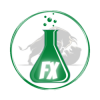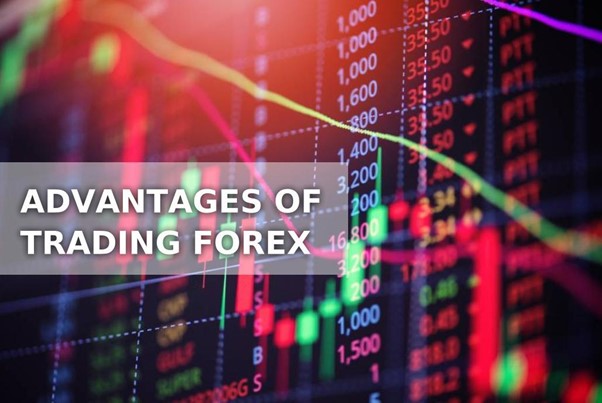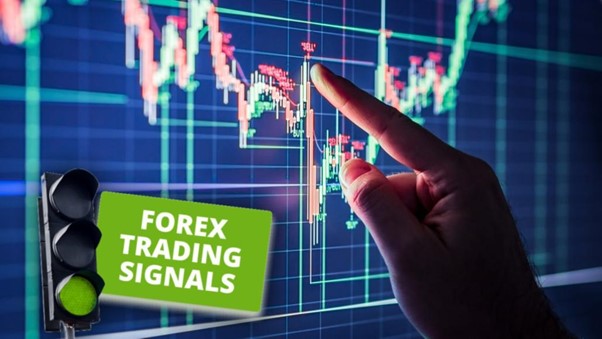Forex or FX stands for Foreign Exchange. It is an exchange of one currency for another at a specified exchange rate. For example, the exchange rate for converting 1 US dollar to the
British pound on the 7th of September 2021 was 0.7240. Or in other words, on the 7th of September 2021, 1 US dollar was equal to 0.7240 sterling pounds. If you were to exchange your dollars for pounds on the 7th of September 2021: then you will be selling your US dollars and buying British pounds for a price of 0.7240 Pounds for each dollar. Forex Signals Lab is one of the best forex signals services available where we simplify trading in our signal rooms for our Elite and VIP Premium members..
The forex market is the largest global, decentralized financial market where; governments, central banks, banks, commercial companies, investment management firms, hedge funds,
and retail forex brokers buy and sell currencies 24 hours a day, five days a
week.
The currencies’ values or exchange rates in the forex market are changing
every second. These changes or fluctuations allow for forex traders to make a
profit buying and selling currencies.
For example, a forex trader can speculate that the Japanese yen will increase in value in the next 24 hours against the US dollar. The trader will then buy Japanese yen, and when
its value increases — sell it with profit and buy back the US dollars. This
whole process might sound like a lot to some people, but it isn’t. There are
special trading softwares that will allow you to do all that with just a click
of a button.
Forex Market Players
The forex market is the largest decentralized and most fluctuant financial market with over 6 Trillion dollars traded every day. Here are players that participate in the forex market:
Governments
Governments participate in the forex market to meet certain economic conditions that involve cross border transactions.
Central Bank
In most cases, the central bank is the arm of the government but for some countries, it is an independent institution. So it uses the forex market to move around its reserve of currency and situations such as inflation and interest rates.
Normal Banks
Banks deal with foreign exchange at the international level and they can exchange billions if not trillions of dollars to make sure that they have the right currencies that they need for their activities.
Financial Institution
Sometimes financial institutions, for instance, pension funds, they sometimes need to do international transactions so they will have to enter the forex market to exchange currencies. These banks are who move the forex markets.
Normal Companies
Companies import and export goods internationally and international trade requires forex for currency exchange.
Hedge Funds
These are organizations that are designed to speculate the market and bring profit. They are traders but with big money from themselves and investors.
Retail Traders
These are forex traders that speculate the market for the purpose of trading to make a profit. They participate in the forex market via forex brokers.
Things That Move The Forex Market
So why do currencies’ values change every second in the forex market; what moves the forex market? The strength or weakness of a currency lies on is respective economies so anything that affects the economy, affects the currency. Here are some of the driving forces behind the forex market:
Central Bank Interest Rates
A country’s currency value increases when it’s central bank raises its interest rates because higher interest rates attracts more investors, and more investors means there are more forex transactions for buying that currency.
Political Landscape
Currencies depend on their respective economies to thrive in the forex market and if the political landscape of a country is unstable, it’s going to affect its economy and the value of its currency as well.
Deviations in Microeconomic Data
Changing global microeconomic conditions leads to changes in economies. These changes can be good for the currency or bad for the currency depends on what the news is about.
News
News that relates to politics, climate, and economics affects the performance of the currency. Some traders speculate the forex market by using just news.
Market Trading Hours
The forex market is open around the clock from Sunday 10 pm GMT to Friday at 10 pm GMT. Forex trading hours are divided into four sessions; the Sidney session, the Tokyo/Asia session, the London session and the New York Session. In all sessions, all currency pairs are available to trade but each session is dominated by different types of traders, different types of banks and different types of currencies.
Sydney Session
It is the first session to open. Although New Zealand opens two hours earlier, people don’t consider it much because of its low liquidity. Sydney session opens at around 10 pm GMT and closes around 06 am GMT. It is good to trade AUDNZD during this session since most activities during this session affect these two currencies.
Tokyo/Asia Session
This session opens around midnight GMT and closes around 09 am GMT. It intersects with the Sydney session which makes it a good time for trading AUDJPY, NZDJPY. It is called the Asian session because after the Tokyo market is opened, other Asian markets follow, adding more liquidity to the forex market.
London Session
This session opens around 08 am GMT and closes around 04 pm GMT. It intersects with the Asian session for around an hour or so making it good for trading European-Asian crosses like GBPJPY, EURJPY, and CHFJPY. Many currencies tend to have a lot of pip movements during this session.
New York Session
The session opens around 01 pm GMT and closes around 09 pm GMT. As you can see, the New York session overlaps with the New Zealand session. This is the reason why the forex market is traded for 24 hours. Also, the New York session overlaps with the London session. This is the perfect time to trade when the two, biggest financial centers are open simultaneously. Here, good pairs to trade are all major pairs and European crosses.
In Conclusion
The Forex or Foreign Exchange markets have similar tendencies such as the stock market, but these markets move for 24 hours a day and 5 days a week if you want to start trading the forex markets. Each pair has it’s own properties in which they have their advantages and disadvantages. Here at Forex Signals Lab, we strive to make all this research simple with forex trading signal rooms.













